título: Bone Music
nº de páginas: 156
isbn: 9781913689476
data: 2022
1ª Edição / 1st Edition
BONE
MUSIC
WRITTEN
BY STEPHEN COATES.
PUBLISHED
BY STRANGE ATTRACTOR PRESS IN 2022, IN AN UNLIMITED PAPERBACK EDITION AND
LIMITED HARDBACK EDITION.
TEXT ©
STEPHEN COATES 2022
ORIGINAL
PHOTOGRAPHS BY PAUL HEARTFIELD.
DESIGN
BY TIHANA SARE, LETTERFORMAGIC.COM.
ISBN:
9781913689476
STEPHEN
COATES HAS ASSERTED HIS MORAL RIGHT TO BE IDENTIFIED AS THE AUTHOR OF THIS WORK
IN ACCORDANCE WITH THE COPYRIGHT, DESIGNS AND PATENTS ACT. 1988.
DISTRIBUTED
BY THE MIT PRESS, CAMBRIDGE, MASSACHUSETTS, AND LONDON, ENGLAND.
PRINTED
AND BOUND IN ESTONIA BY
TALLINNA
RAAMATUTRUKIKODA.
STRANGE
ATTRACTOR PRESS
BM SAP,
LONDON, W1CN 3XX UK.
AUTHOR’S
NOTE
AS THIS
BOOK WENT TO PRINT, RUSSIA INVADED UKRAINE, BRINGING MASS TERROR,
STATE-SPONSORED MURDER, AND THE LIKELIHOOD OF A NEW COLD WAR, BACK TO EUROPE.
CENSORSHIP,
EVER-PRESENT TO DIFFERENT DEGREES IN MODERN RUSSIA, HAS MADE A SWIFT AND BRUTAL
RETURN TO PRE-PERESTROIKA ORWELLIAN, LEVELS. JOURNALISTS FACE 15 YEARS IN
PRISON FOR PUBLISHING ‘FAKE NEWS’: PEACEFUL PROTESTORS CARRYING ‘NO WAR’ SIGNS
FACE IMMEDIATE 20 DAYS DETENTION. LIBERAL RADIO STATIONS HAVE BEEN TAKEN OFF
AIR, AND ON-LINE ACCESS TO ALTERNATIVE MEDIA SOURCES HAS BEEN BANNED IN REFERENCE
TO THE INVASION.
WHILE
SINGLING OUT SPECIFIC GENRES OF MUSIC AS FORBIDDEN IS PROBABLY NOW IMPOSSIBLE –
AND WOULD LIKELY BE REGARDED AS UNNECESSARY – IT WILL BE NO SURPRISE IF SONGS
WITH PERCEIVED ANTI-WAR SENTIMENTS ARE CENSORED. IT REMAINS TO BE SEEN WHETHER
SUCH CULTURAL REPRESSION CAN BE MAINTAINED, ESPECIALLY AMONGST THE GENERATIONS
OF POST-SOVIET YOUTH WHO HAVE GROWN UP WITH INTERNET ACCESS AND OTHER RELATIVE
FREEDOMS. BUT THE STORY OF BONE MUSIC SUGGESTS THAT IT WILL NOT.
FOREWORD
X-RAY IN
THE USSR
….
ARTEMYI
TROITSKY, PRAGUE 2021
PREFACE
X- Ray Audio: The Strange Story of Soviet Music on the Bone was published by Strange Attractor in 2015. At that time I had been researching the history of x-ray records for about three years. We had no idea then how much interest the story would generate, but the research evolved into an online archive, an international exhibition, a film and a BBC radio documentary. I gave a TED talk and we held many live events, telling the story of the Soviet bootleggers and demonstrating how to cut a live performance to x-ray. We made Bone records of all sorts of artists, including Marc Almond, Jónsi, Thurston Moore, Massive Attack and even Noam Chomsky.
All this
testament to the power of Bone Music.
Bone
Music is the successor to X-Ray Audio – and it’s overdue. I didn’t want to just
publish a revised edition of the earlier book. In the last few years, I have
carried out more research, found more records, conducted many more interviews
and gained a better understanding of a culture that was layered with
ambiguities and contradictions.
Here
then are the stories of (among others) Stanislaw Philon, Boris Taigin, Ruslan
Bogoslovsky, Mikhail Farafanov, Rudy Fuchs, Aleksei Kozlov, Nick Markovitch and
Kolya Vasin, which to say of bootleggers and black-market dealers, of
underground engineers, musicians and music fans. In this book we see how the
technology of the recording lathe interwines, via the x-ray record, with the
histories of the ‘Talking Letter’ and the flexi-disc, and how Bone records
emerged in non-communist Hungary probably before they did in the USSR. We learn
something of the troubled histories of jazz and rock’n’roll in the Soviet
Union, of the frowned-on foreign dance styles, the forbidden émigré artists and
Russian underground songs – and about the role in all this of that officially
despised Soviet youth culture known as the ‘stilyagi’: the ‘followers of
fashion’.
As there
are only a few official documents about the x-ray underground, this is largely
an oral history: we learned much of what we know directly from the people who
Off to
one side, the Hungarian x-ray narrative, previously just a footnote, has now
been significantly expanded. In various forgotten archives in Budapest we
discovered what are probably the world’s most extensive collection of x-ray
discs, and also learned more about the technique of cutting them – from the writings
of the man who literally wrote the manual, István Makai.
Experimenting
with that technique over the last few years has been part of the learning
process. People, especially young people, love to witness the process of live
music being cut onto an x-ray – there is something visceral about it in our
digital age, something wonderfully alchemical. Understanding its complexities
can only add to the admiration felt for those who practiced it in difficult and
often dangerous circumstances.
Perhaps
there will be more discoveries about Bone Music. It is no longer the
half-hidden history that it formerly was, largely because of the generosity of
those who have shared their knowledge and stories. They are stories of human
endeavour and of ingenuity as resistance in a time of repression, but also
stories of how much music can matter, all held within these wonderfully weird
discs with their ghostly skeletal images.
STEPHEN COATES, LONDON, 2022


















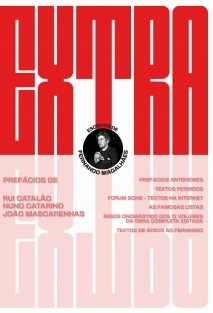
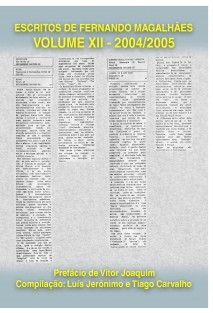
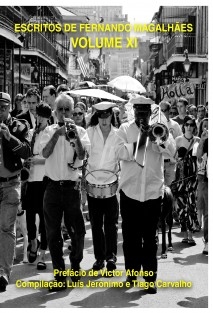
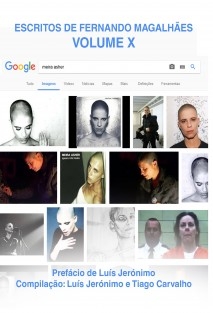

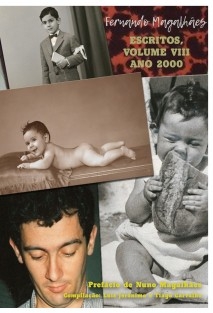
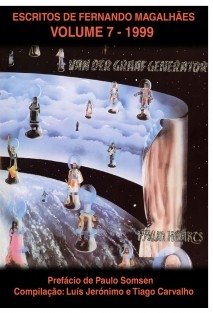
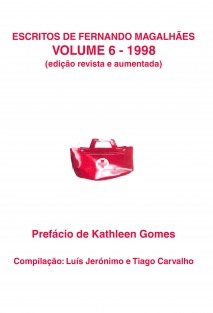
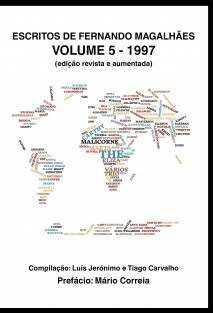
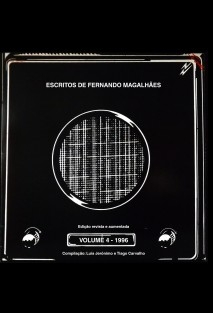
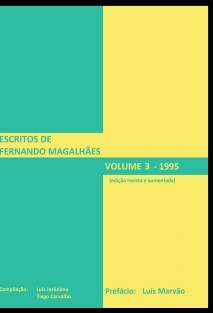

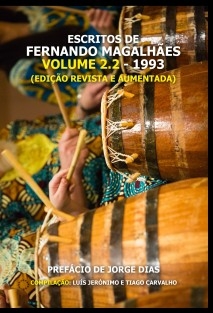
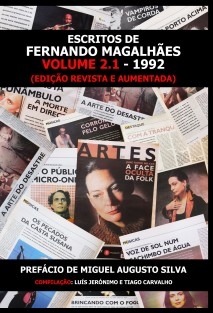
_Bubok.jpg)
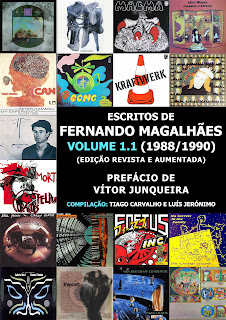





















Sem comentários:
Enviar um comentário